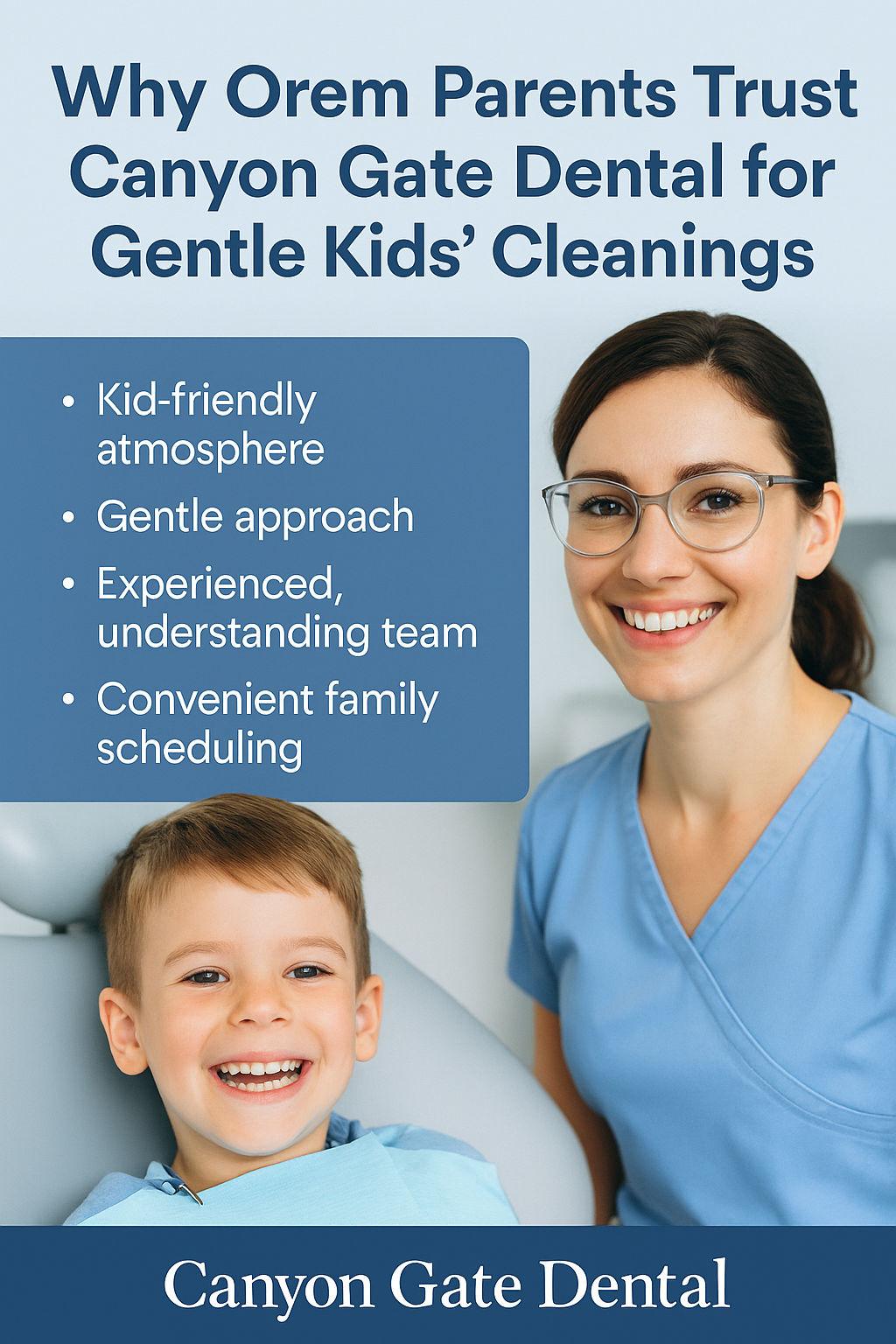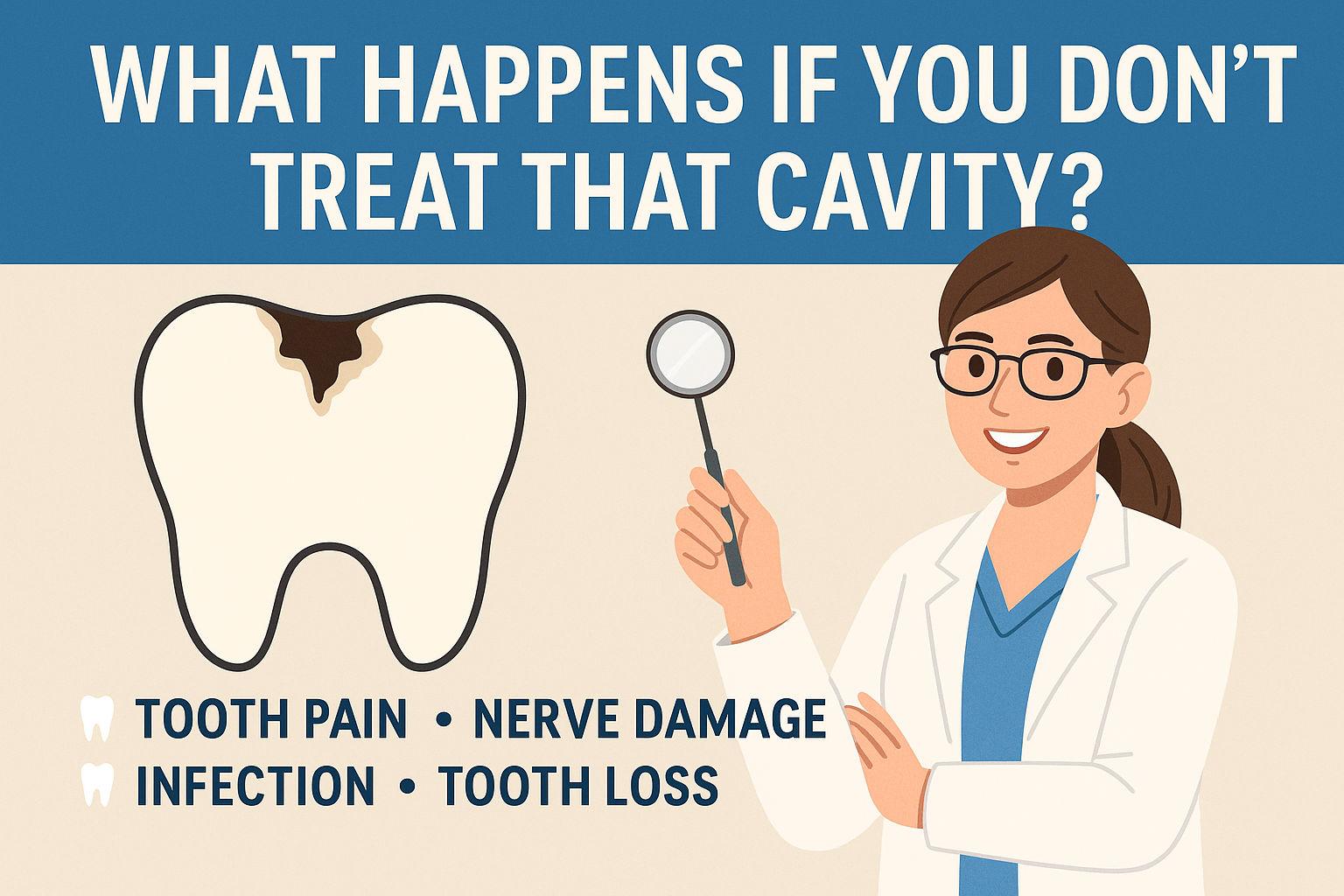When we think about dental health, we often focus solely on our teeth and gums. However, the truth is that oral health is closely intertwined with our overall well-being. One aspect that deserves attention is the impact of broken teeth on our overall health. A broken tooth is not just a cosmetic issue; it can have far-reaching consequences that extend beyond the confines of our mouths. In this blog post, we’ll delve into the various ways in which broken teeth can affect your overall health and why prompt treatment is crucial.
- Increased Risk of Infection
When a tooth is broken, it creates an entry point for bacteria to infiltrate the inner layers of the tooth, leading to infection. If left untreated, this infection can spread to surrounding tissues, causing inflammation, pain, and swelling. In severe cases, the infection can even enter the bloodstream, leading to systemic complications such as sepsis. Therefore, addressing a broken tooth promptly is essential to prevent the spread of infection and protect your overall health. - Chronic Pain and Discomfort
A broken tooth can cause persistent pain and discomfort, making everyday activities such as eating, speaking, and sleeping challenging. Chronic pain can have a significant impact on your quality of life, affecting your mood, productivity, and overall well-being. Additionally, pain can interfere with your ability to maintain proper nutrition and oral hygiene, further exacerbating dental problems and compromising your health. - Compromised Nutrition
When you have a broken tooth, chewing food becomes difficult and often painful. As a result, you may avoid certain foods or resort to soft, easy-to-chew options, which may lack essential nutrients. Poor nutrition can weaken your immune system, making you more susceptible to infections and other health issues. Furthermore, inadequate chewing can lead to digestive problems and nutritional deficiencies, negatively impacting your overall health in the long run. - Increased Risk of Tooth Decay and Gum Disease
A broken tooth creates rough edges and crevices where food particles and bacteria can accumulate, increasing the risk of tooth decay and gum disease. Decay and gum disease not only affect the health of your teeth and gums but can also have systemic implications. Research has shown associations between oral infections and conditions such as heart disease, diabetes, and respiratory infections. Therefore, addressing broken teeth promptly and maintaining good oral hygiene is essential for reducing the risk of these serious health problems. - Impact on Self-Esteem and Mental Health
The appearance of your smile plays a significant role in your self-esteem and confidence. A broken tooth can cause embarrassment and self-consciousness, leading to social withdrawal and feelings of inadequacy. Over time, these psychological effects can take a toll on your mental health, contributing to anxiety, depression, and diminished quality of life. By addressing broken teeth and restoring your smile, you can regain confidence and improve your overall well-being. - Temporomandibular Joint (TMJ) Disorders
A broken tooth can alter the alignment of your bite, leading to issues with the temporomandibular joint (TMJ). TMJ disorders can cause jaw pain, headaches, facial discomfort, and difficulty opening or closing your mouth. These symptoms can significantly impact your daily life, making it uncomfortable to perform simple tasks such as talking or chewing. Addressing broken teeth and correcting bite misalignment can help alleviate TMJ-related symptoms and improve overall jaw function. - Systemic Health Implications
Emerging research suggests that there may be links between oral health and systemic conditions such as cardiovascular disease, diabetes, and respiratory infections. Chronic inflammation and bacterial infections in the mouth can contribute to inflammation and infection elsewhere in the body, potentially exacerbating existing health issues or increasing the risk of developing new ones. By maintaining good oral hygiene and addressing broken teeth promptly, you can help reduce the risk of systemic health complications.
In conclusion, broken teeth can have far-reaching consequences that extend beyond the confines of your mouth. From increased risk of infection and chronic pain to compromised nutrition and systemic health implications, the effects of broken teeth on your overall health are significant. Therefore, it’s essential to prioritize dental care and seek prompt treatment for broken teeth to protect your oral health and well-being. Remember, your oral health is an integral part of your overall health, and investing in it pays dividends in the long run.









